

Table of Contents
Toggle1. Massachusetts Institute of Technology (MIT)
- Location: Cambridge, MA
- Acceptance Rate: 4%
- Net Price: $20,232/year
- SAT Range: 1530-1580
- Overview: Renowned globally for its innovative engineering programs, MIT provides students with hands-on learning opportunities through state-of-the-art laboratories and interdisciplinary research projects. The curriculum emphasizes problem-solving, critical thinking, and entrepreneurial skills. MIT graduates are highly sought after in various engineering fields, from robotics to renewable energy.
- Environment: Located in the heart of Cambridge, MIT fosters a collaborative and dynamic academic culture. The campus offers numerous opportunities for innovation and networking, with close ties to industries and startups.
- Official Website: MIT
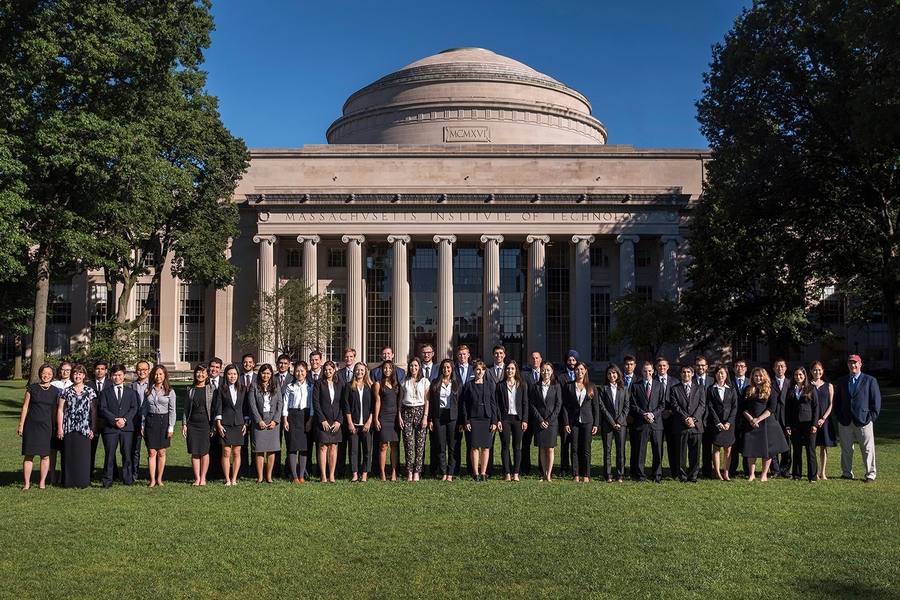
2. Stanford University
- Location: Stanford, CA
- Acceptance Rate: 4%
- Net Price: $18,279/year
- SAT Range: 1500-1580
- Overview: Stanford’s School of Engineering is a leader in innovation and research, offering cutting-edge programs in artificial intelligence, civil engineering, and bioengineering. The faculty consists of pioneers in their fields, and students have access to premier resources, including the Silicon Valley ecosystem.
- Environment: The sprawling Stanford campus offers a balance of rigorous academics and a vibrant social life. Its location in the Bay Area provides unparalleled access to tech companies, startups, and research collaborations.
- Official Website: Stanford University
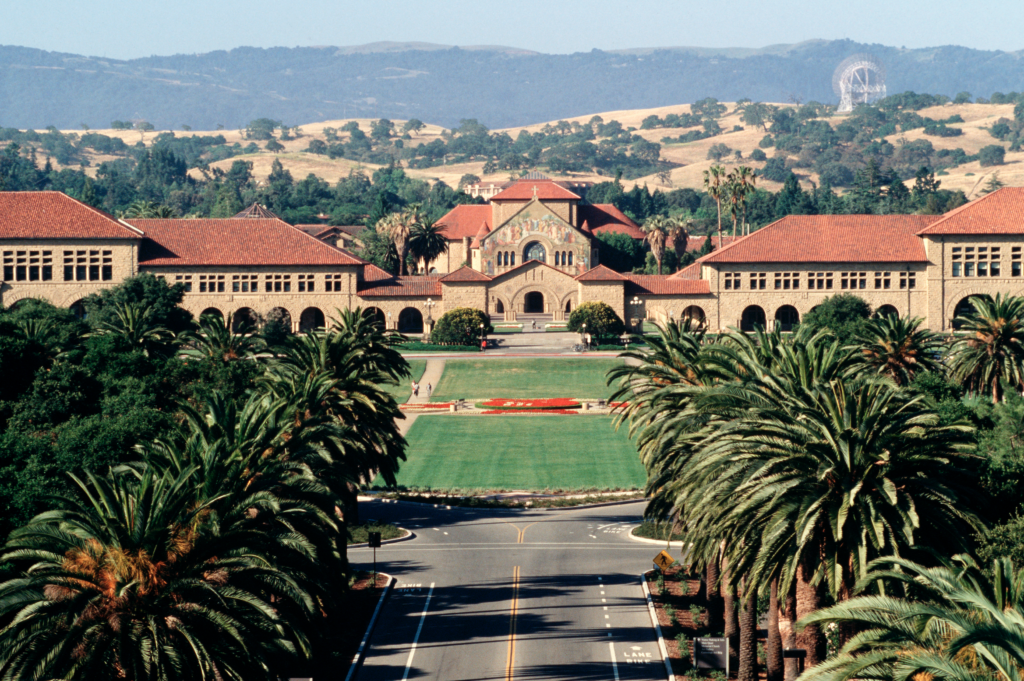

3. California Institute of Technology (Caltech)
- Location: Pasadena, CA
- Acceptance Rate: 3%
- Net Price: $20,755/year
- SAT Range: 1530-1580
- Overview: Caltech is famous for its focus on engineering and applied sciences. Students benefit from small class sizes and collaborative assignments, preparing them for roles in aerospace, nanotechnology, and energy systems.
- Environment: The close-knit community fosters innovation and academic rigor. Caltech’s location near Los Angeles provides access to research facilities like NASA’s Jet Propulsion Laboratory.
- Official Website: Caltech
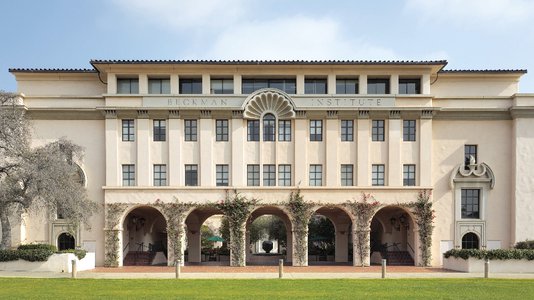

4. Rice University
- Location: Houston, TX
- Acceptance Rate: 9%
- Net Price: $19,902/year
- SAT Range: 1490-1570
- Overview: Rice’s George R. Brown School of Engineering offers robust programs in materials science, bioengineering, and computational engineering. The emphasis on undergraduate research and hands-on projects is a cornerstone of its academic approach.
- Environment: Nestled in Houston’s vibrant energy and medical hubs, Rice provides students with diverse internship opportunities. The residential college system ensures a supportive and inclusive campus experience.
- Official Website: Rice University


5. Harvard University
- Location: Cambridge, MA
- Acceptance Rate: 3%
- Net Price: $19,491/year
- SAT Range: 1490-1580
- Overview: Harvard’s John A. Paulson School of Engineering and Applied Sciences integrates engineering disciplines with real-world problem-solving. Its focus on innovation in bioengineering, AI, and renewable energy equips students with versatile skills.
- Environment: Harvard’s central Cambridge location provides access to Boston’s tech and biotech industries. The diverse student body and world-class resources create an enriching academic environment.
- Official Website: Harvard University
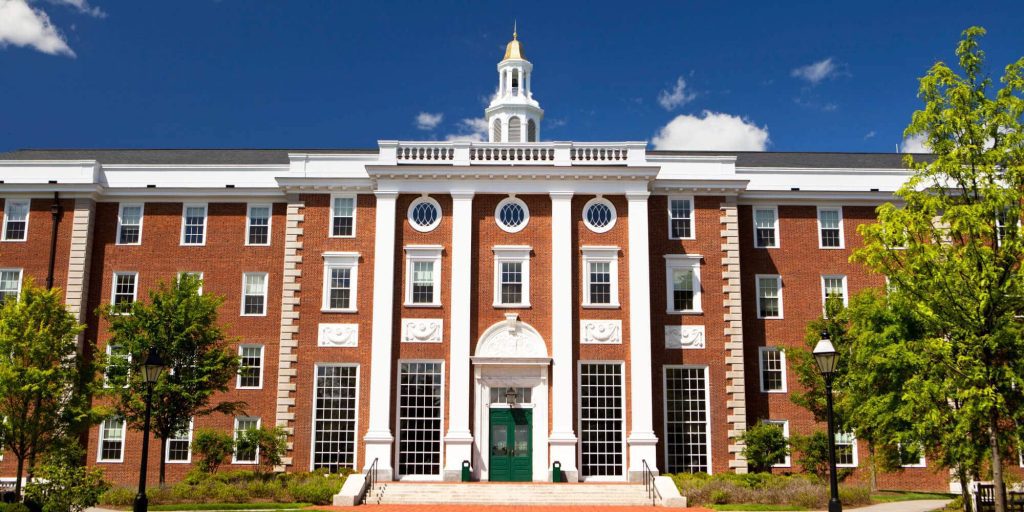

6. Yale University
- Location: New Haven, CT
- Acceptance Rate: 5%
- Net Price: $18,647/year
- SAT Range: 1500-1580
- Overview: Yale’s School of Engineering & Applied Science offers a personalized approach to education, with emphasis on areas like chemical engineering and environmental sustainability. Its interdisciplinary programs promote collaboration across fields.
- Environment: Yale combines a historic campus with modern facilities. The proximity to major metropolitan areas provides ample networking and research opportunities.
- Official Website: Yale University


7. Georgia Institute of Technology
- Location: Atlanta, GA
- Acceptance Rate: 17%
- Net Price: $17,402/year
- SAT Range: 1370-1550
- Overview: Georgia Tech is renowned for its top-tier engineering programs, particularly in computer, aerospace, and industrial engineering. The cooperative education program allows students to gain hands-on experience while studying.
- Environment: Located in Atlanta, Georgia Tech offers a dynamic campus life with access to thriving industries and startups. The diverse student body enhances the learning experience.
- Official Website: Georgia Tech


8. Carnegie Mellon University
- Location: Pittsburgh, PA
- Acceptance Rate: 11%
- Net Price: $33,499/year
- SAT Range: 1490-1570
- Overview: Carnegie Mellon’s College of Engineering is celebrated for its rigorous curriculum and groundbreaking research in robotics, cybersecurity, and data science. Students engage in hands-on projects from their first year.
- Environment: The urban Pittsburgh campus provides a vibrant backdrop for collaboration and innovation. The city’s growing tech scene offers ample internship opportunities.
- Official Website: Carnegie Mellon University
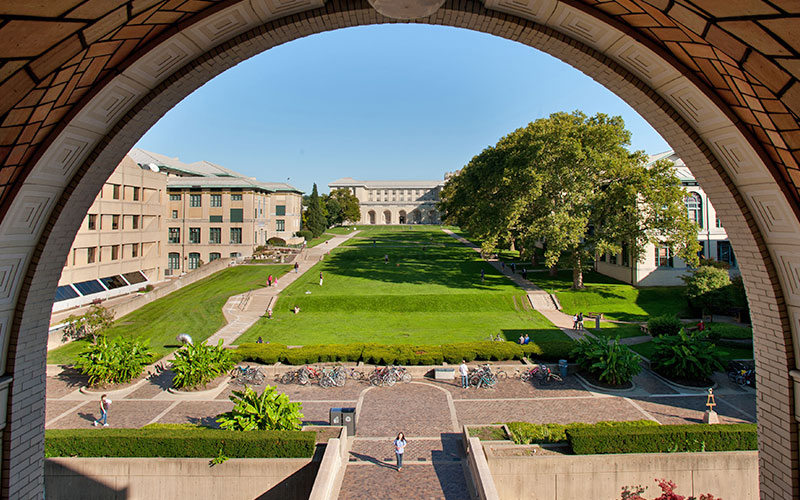

9. Columbia University
- Location: New York, NY
- Acceptance Rate: 4%
- Net Price: $22,058/year
- SAT Range: 1490-1580
- Overview: Columbia Engineering excels in fields like civil engineering, computer science, and biomedical engineering. Students benefit from a combination of theoretical coursework and real-world applications.
- Environment: Situated in Manhattan, Columbia offers a cosmopolitan college experience. Proximity to major industries and cultural institutions enhances academic and social life.
- Official Website: Columbia University
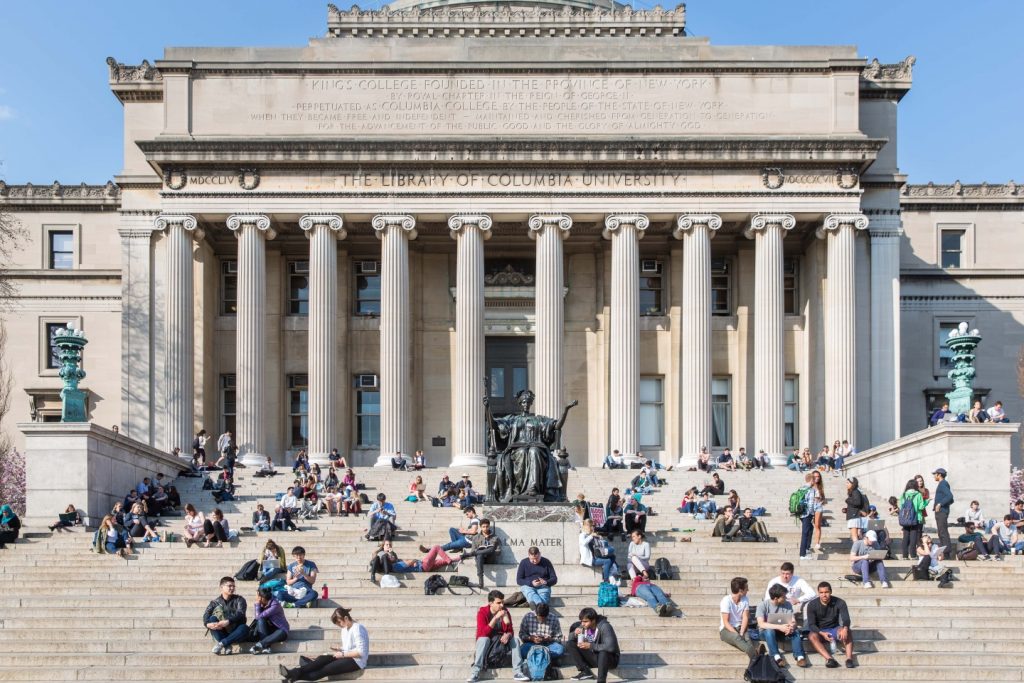

10. Princeton University
- Location: Princeton, NJ
- Acceptance Rate: 6%
- Net Price: $18,698/year
- SAT Range: 1490-1580
- Overview: Princeton’s engineering program emphasizes hands-on learning and innovation. With a strong focus on research, students explore cutting-edge fields like quantum computing and sustainable energy.
- Environment: The idyllic Princeton campus offers a tranquil yet intellectually stimulating atmosphere. The small class sizes ensure personalized attention.
- Official Website: Princeton University
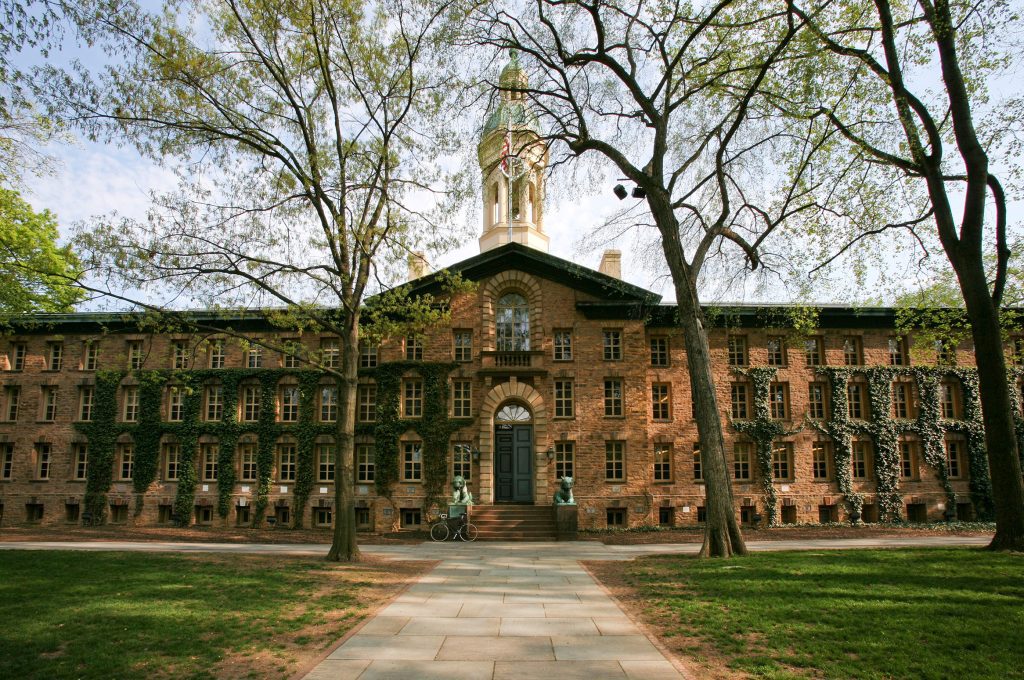

11. Vanderbilt University
- Location: Nashville, TN
- Acceptance Rate: 7%
- Net Price: $25,606/year
- SAT Range: 1490-1570
- Overview: Vanderbilt’s School of Engineering is known for its collaborative research initiatives in biomedical engineering, environmental sustainability, and nanotechnology. The program emphasizes interdisciplinary learning and hands-on projects, preparing students for leadership roles in engineering.
- Environment: Located in Nashville, Vanderbilt provides a blend of academic rigor and vibrant city life. The campus fosters a collaborative environment with a strong sense of community.
- Official Website: Vanderbilt University
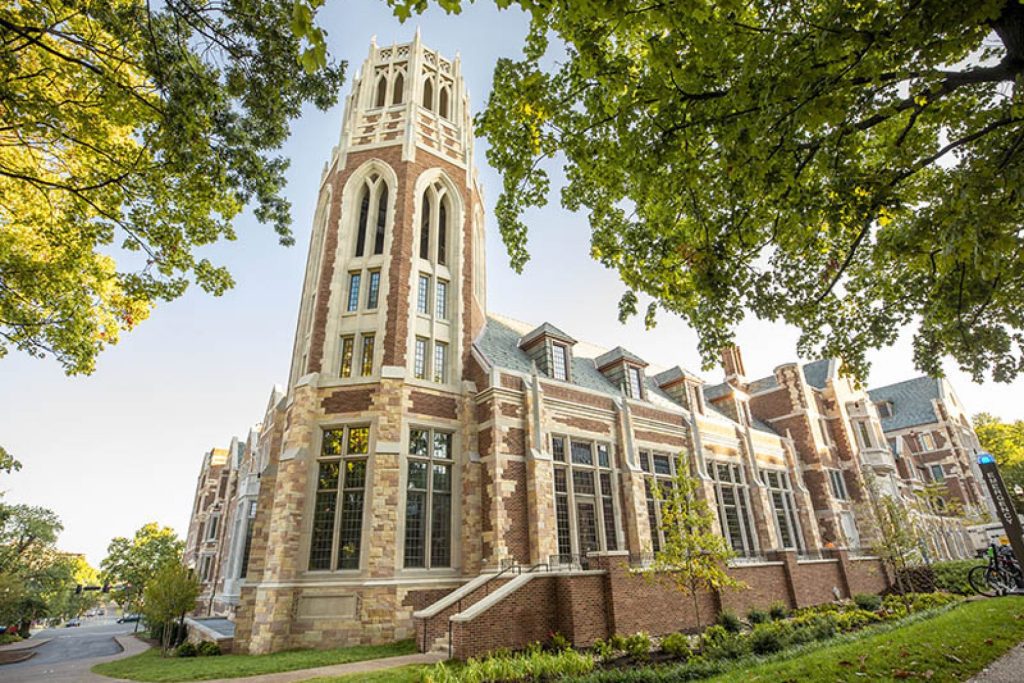

12. Duke University
- Location: Durham, NC
- Acceptance Rate: 6%
- Net Price: $23,694/year
- SAT Range: 1490-1570
- Overview: Duke’s Pratt School of Engineering integrates innovative research with a commitment to solving real-world problems. Areas of focus include biomedical engineering, environmental engineering, and AI. The program emphasizes experiential learning through internships and research.
- Environment: Duke offers a picturesque campus with state-of-the-art facilities. The university’s emphasis on both academics and athletics creates a well-rounded student experience.
- Official Website: Duke University


13. University of Michigan – Ann Arbor
- Location: Ann Arbor, MI
- Acceptance Rate: 18%
- Net Price: $19,318/year
- SAT Range: 1350-1530
- Overview: Michigan Engineering provides a broad array of programs, including aerospace, mechanical, and computer engineering. The curriculum emphasizes innovation, global engagement, and multidisciplinary projects. Students benefit from strong industry partnerships.
- Environment: The Ann Arbor campus offers a vibrant college town atmosphere with a strong focus on community and diversity. Its research facilities are among the best in the nation.
- Official Website: University of Michigan
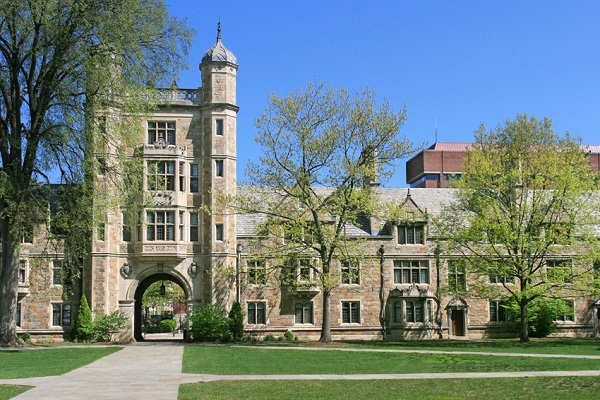

14. Cornell University
- Location: Ithaca, NY
- Acceptance Rate: 7%
- Net Price: $26,060/year
- SAT Range: 1470-1570
- Overview: Cornell’s College of Engineering provides a rigorous and diverse program, with strengths in fields like structural engineering, robotics, and data analytics. The university’s focus on sustainability and innovation positions graduates for success in emerging fields.
- Environment: Nestled in the picturesque Finger Lakes region, Cornell combines a tranquil environment with cutting-edge research opportunities. The supportive community fosters academic and personal growth.
- Official Website: Cornell University


15. Dartmouth College
- Location: Hanover, NH
- Acceptance Rate: 6%
- Net Price: $19,208/year
- SAT Range: 1500-1580
- Overview: Dartmouth’s Thayer School of Engineering offers a unique interdisciplinary approach, encouraging students to integrate engineering with liberal arts. The program is particularly strong in areas like energy systems, biomedical innovations, and sustainability.
- Environment: Dartmouth’s close-knit campus community provides ample opportunities for collaboration. The serene location fosters focus, while the small class sizes ensure personalized attention from faculty.
- Official Website: Dartmouth College
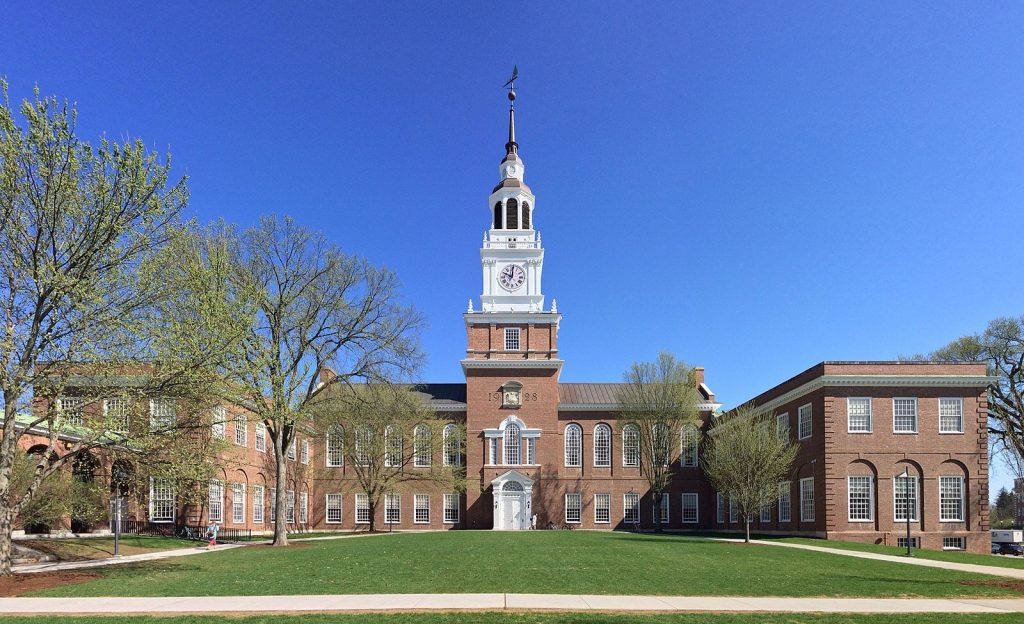

16. Johns Hopkins University
- Location: Baltimore, MD
- Acceptance Rate: 7%
- Net Price: $24,034/year
- SAT Range: 1520-1570
- Overview: Johns Hopkins Engineering excels in biomedical, computer, and environmental engineering. Students benefit from a strong research focus, especially in collaboration with the renowned Johns Hopkins Medical Institutions.
- Environment: The Baltimore campus is a hub for innovation, offering state-of-the-art labs and access to one of the nation’s top research hospitals. The university fosters a dynamic academic and social environment.
- Official Website: Johns Hopkins University
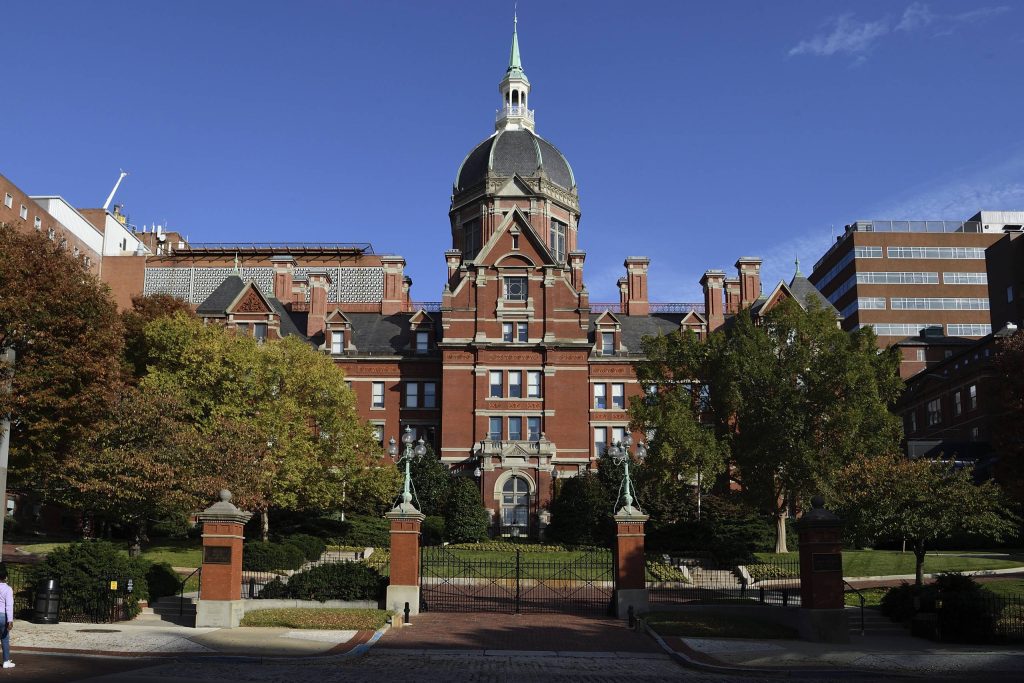

17. University of Pennsylvania (UPenn)
- Location: Philadelphia, PA
- Acceptance Rate: 7%
- Net Price: $26,123/year
- SAT Range: 1500-1570
- Overview: UPenn’s School of Engineering and Applied Science is known for its focus on cutting-edge technology and entrepreneurship. Programs in robotics, nanotechnology, and materials science are particularly strong.
- Environment: Located in Philadelphia, UPenn offers a rich blend of urban culture and academic excellence. The campus supports a vibrant student life with diverse extracurricular opportunities.
- Official Website: University of Pennsylvania


18. University of Notre Dame
- Location: Notre Dame, IN
- Acceptance Rate: 13%
- Net Price: $28,474/year
- SAT Range: 1450-1550
- Overview: Notre Dame’s College of Engineering is renowned for its commitment to ethical engineering practices and innovation. Students engage in hands-on projects, particularly in fields like environmental engineering and energy systems.
- Environment: The campus provides a strong sense of community and tradition. With a focus on service and leadership, Notre Dame fosters a well-rounded engineering education.
- Official Website: University of Notre Dame


19. University of Texas – Austin (UT Austin)
- Location: Austin, TX
- Acceptance Rate: 31%
- Net Price: $17,434/year
- SAT Range: 1230-1500
- Overview: UT Austin’s Cockrell School of Engineering is a leader in research and innovation, offering programs in petroleum engineering, aerospace, and software engineering. The school is closely connected with industries in Texas and beyond.
- Environment: Located in the vibrant city of Austin, UT offers students a dynamic mix of academic rigor and cultural experiences. The city’s tech scene provides ample internship and job opportunities.
- Official Website: University of Texas – Austin


20. University of Southern California (USC)
- Location: Los Angeles, CA
- Acceptance Rate: 12%
- Net Price: $36,808/year
- SAT Range: 1450-1550
- Overview: USC’s Viterbi School of Engineering is known for its interdisciplinary research and strong industry connections. Key areas include AI, sustainable energy, and biomedical devices. The program encourages collaboration with the vibrant Los Angeles tech community.
- Environment: Situated in LA, USC combines academic excellence with cultural and professional opportunities. The Trojan spirit and alumni network are unmatched, offering lifelong connections.
- Official Website: University of Southern California


Recent Posts
- Weighted Grade Calculator
- Final Grade Calculator
- Best Colleges for Engineering in America
- Grade Calculator
- GDRFA Fine Check in Dubai: Simplifying the Process for Residents and Visitors
- Best Women’s Colleges in America
- Visa-Free Countries For UAE Residents in 2024
- Best Catholic Colleges in America
- The Complete Guide to the DED Activities List in UAE: Empowering Business Growth
- Best Hispanic-Serving Institutions in America
- Cumulative GPA Calculator
- High School GPA Calculator
- Comparison in the AP Histories
- 2.6 Environmental Effects of Trade
- Character Change
Choose Topic
- ACT (15)
- AP (20)
- AP Art and Design (5)
- AP Physics 1 (1)
- AQA (5)
- Banking and Finance (1)
- Biology (13)
- Business Ideas (68)
- Calculator (67)
- Chemistry (3)
- Colleges Rankings (38)
- Computer Science (4)
- Conversion Tools (135)
- Cosmetic Procedures (50)
- Cryptocurrency (49)
- Edexcel (4)
- English (1)
- Environmental Science (2)
- Exam Updates (1)
- Finance (17)
- Fitness & Wellness (164)
- Free Learning Resources (192)
- GCSE (1)
- Health (107)
- History and Social Sciences (87)
- IB (1)
- IGCSE (2)
- Image Converters (3)
- IMF (10)
- Math (39)
- Mental Health (58)
- news (3)
- OCR (3)
- Past Papers (463)
- Physics (5)
- SAT (36)
- Sciences (1)
- Short Notes (5)
- Study Guides (26)
- Syllabus (19)
- Tutoring (1)
Recent Comments
No comments to show.
Related



A
Admin
0
0
Best Colleges for Engineering in America
November 28, 2024
Save



A
Admin
0
0
Best Women's Colleges in America
November 28, 2024
Save



A
Admin
0
0
Best Catholic Colleges in America
November 28, 2024
Save



A
Admin
0
0
Best Hispanic-Serving Institutions in America
November 27, 2024
Save
More By Author



A
Admin
0
0
Best Colleges for Engineering in America
November 28, 2024
Save



A
Admin
0
0
Best Women's Colleges in America
November 28, 2024
Save



A
Admin
0
0
Best Catholic Colleges in America
November 28, 2024
Save



A
Admin
0
0
Best Hispanic-Serving Institutions in America
November 27, 2024
Save